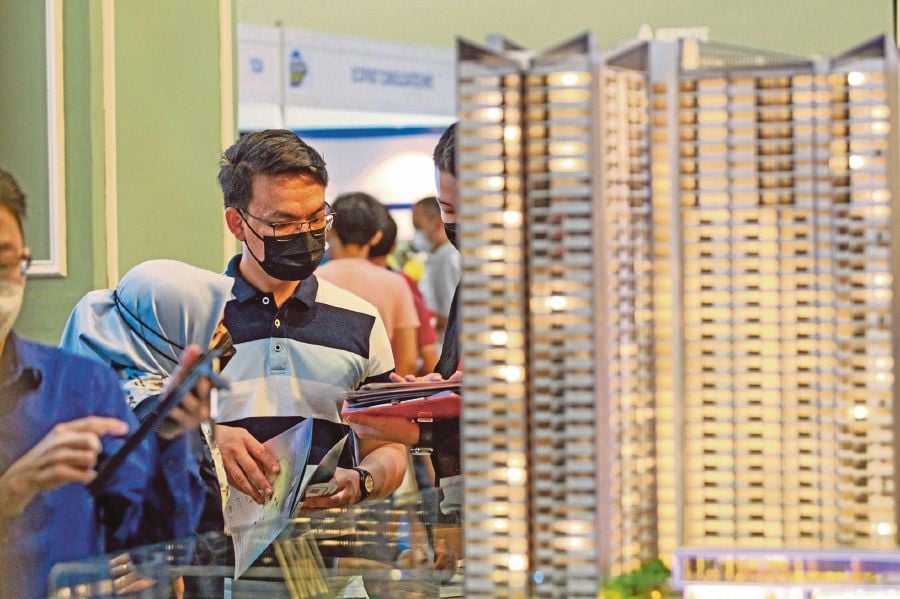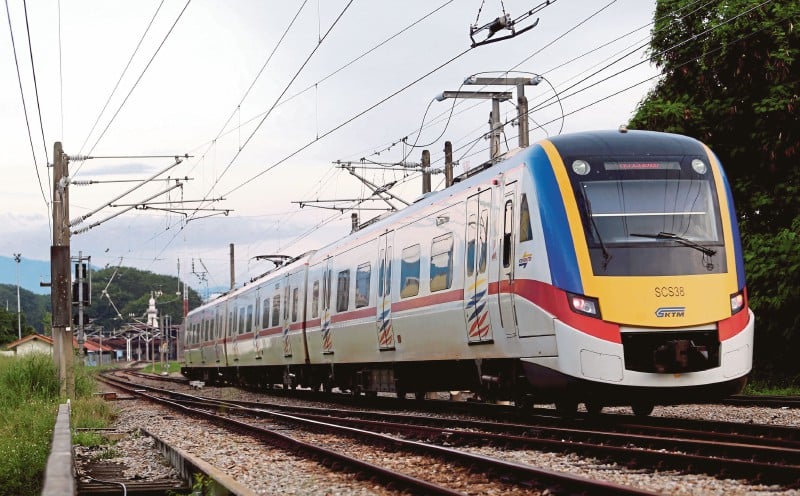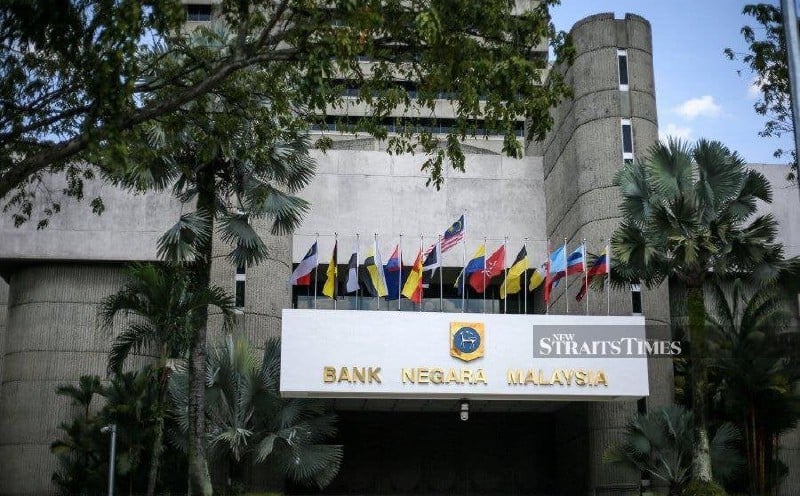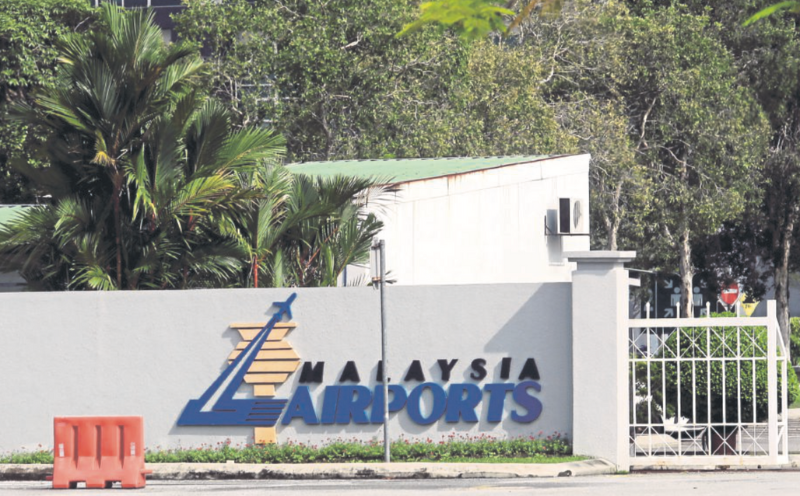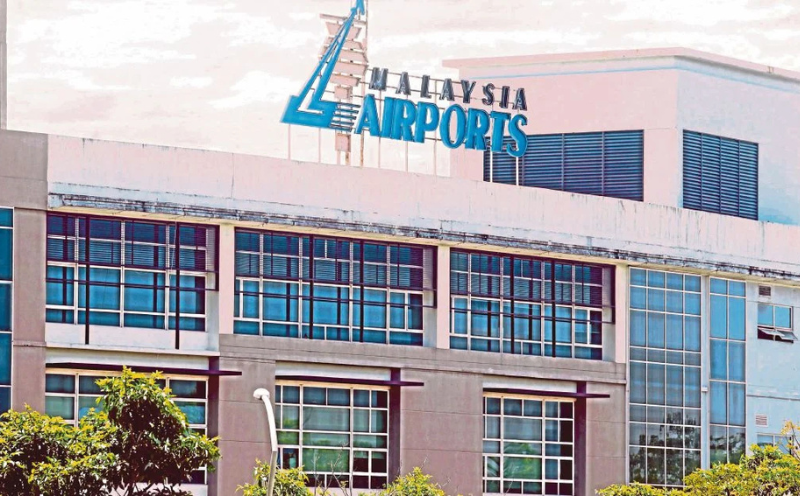KUALA LUMPUR: Malaysia's property market is expected to continue growing at a steady pace this year despite concerns over high living costs, shrinking purchasing power and global economic uncertainties, according to Rahim and Co.
Its executive chairman Tan Sri Abdul Rahim Abdul Rahman said the market will be driven by the convergence of digitalisation, sustainability, environmental, social and governance awareness and a growing demand for integrated urban living.
Abdul Rahim said with continued government support, such as through incentives for affordable housing, investor- friendly policies, as well as green building and tech-driven initiatives, the market is expected to continue regenerating steadily.
"While market challenges remain, the outlook is positive for those who can adapt to the market's evolving needs especially with the promising indicators of late," he said at the preview of Rahim and Co Property Market Review 2024/2025 report here, today.
The Malaysian property market closed 2024 on a strong note, building on a solid nine month performance marked by increased transactions across all property subsectors.
According to the report, the total volume of property transactions rose 6.2 per cent, while the total cumulative value of transactions grew 14.4 per cent.
"This amounted to 311,211 transactions worth RM162.96 billion for the first three quarters of the year. The surge in 2024 exceeded expectations, signalling a potential market acceleration compared to 2023," the report said.
Despite the increased market activity, Abdul Rahim said buyers' sentiment remains cautious, as many face the challenges of rising costs and sluggish income growth amid affordability concerns.
He believes specific market performances vary between different locations, asset classes and pricing brackets.
"As a result, the tone for 2025 is likely to remain "cautiously optimistic", influenced by factors such as fuel subsidy and electricity tariff adjustments, along with global uncertainties.
"Nevertheless, demand for well- established areas is expected to remain resilient. Affordable housing demand will continue, supported by government initiatives aimed at boosting the segment," he said.
Rahim & Co director of research Sr Sulaiman Saheh said the issue of ageing and abandoned buildings, particularly in urban areas, remains a concern.
Sulaiman noted that the proposed Urban Renewal Act is expected to address redevelopment challenges by lowering the consent threshold for strata-titled buildings.
"However, there are concerns especially on the issue of minority owners' interest which requires further refinement towards a more equitable approach.
"As we move into 2025, the residential sector is likely to sustain its growth, driven largely by demand from owner-occupiers, particularly in transit-oriented developments," he said.
In addition, Sulaiman said looking ahead, strategic infrastructure investments, including the East Coast Rail Link, Pan Borneo Highway and Rapid Transit System will create new investment opportunities.
He said the refined MM2H programme and Johor-Singapore Special Economic Zone are also expected to generate significant interest.
"In the commercial sector, despite supply pressures, 'flight-to-green' and 'flight-to-quality' trends will redefine the office and retail markets, creating a new narrative within the segment," he added.



